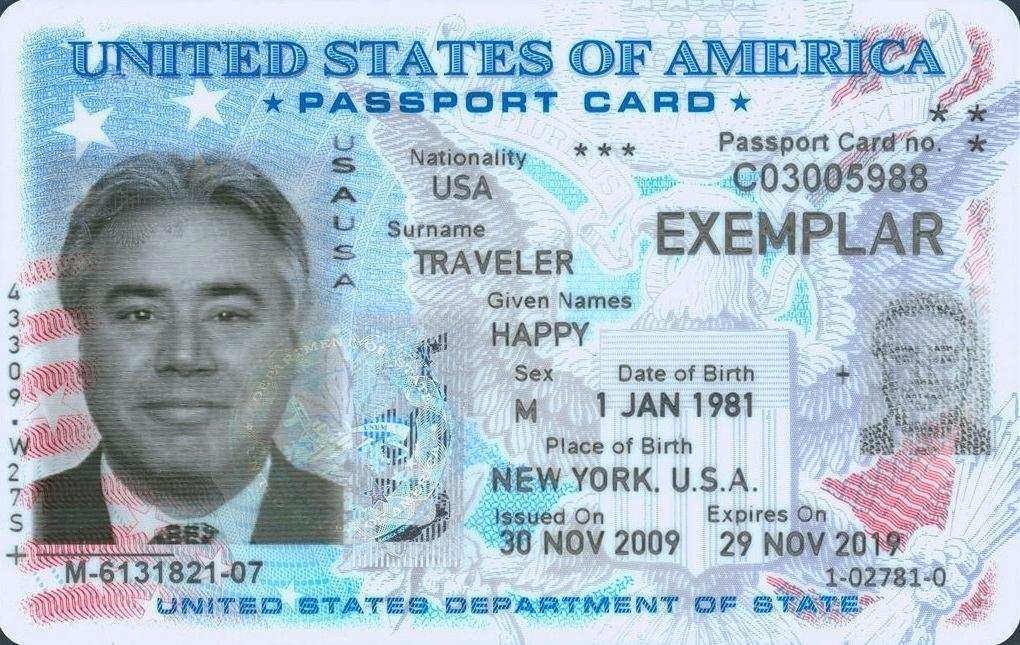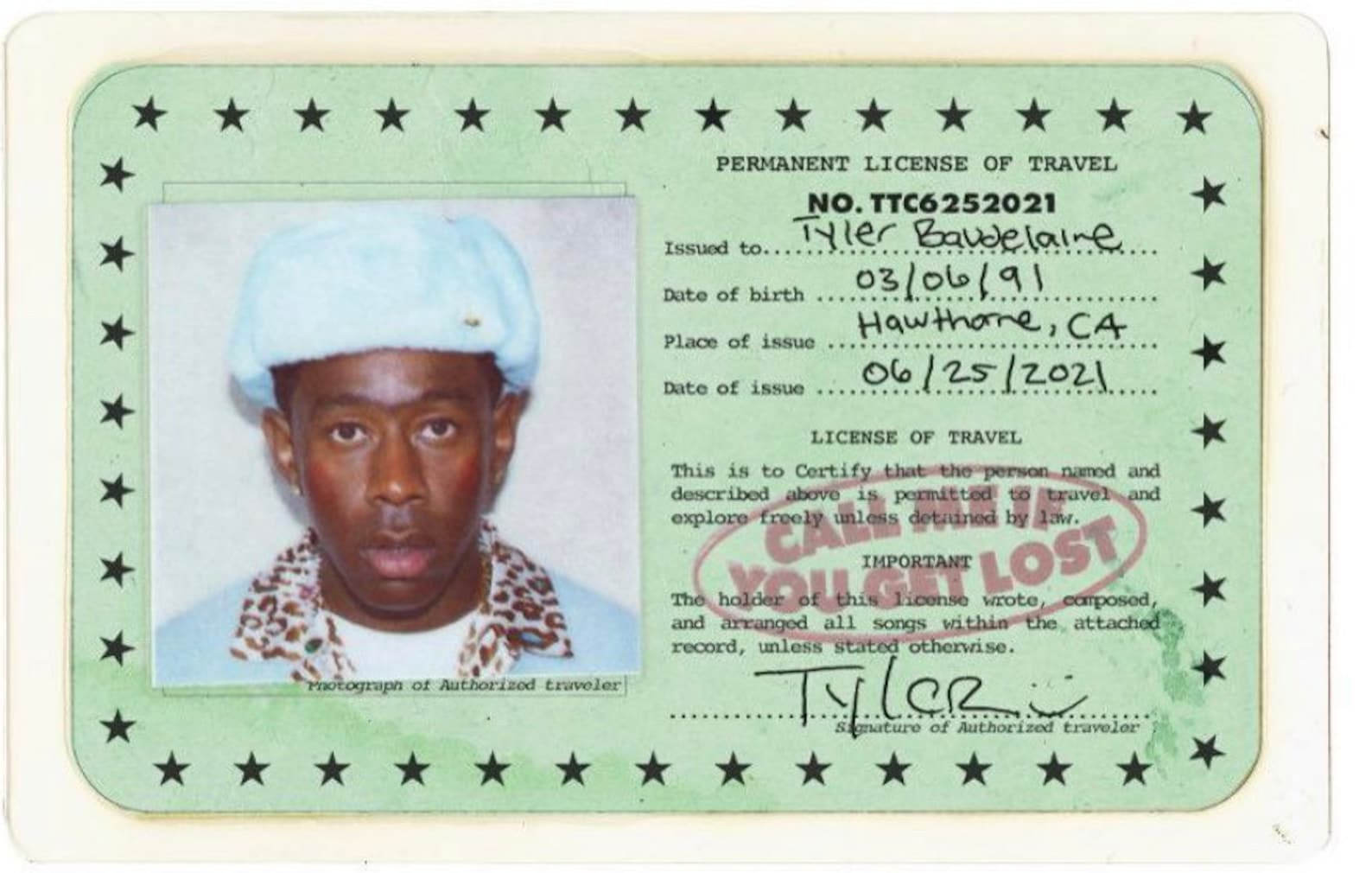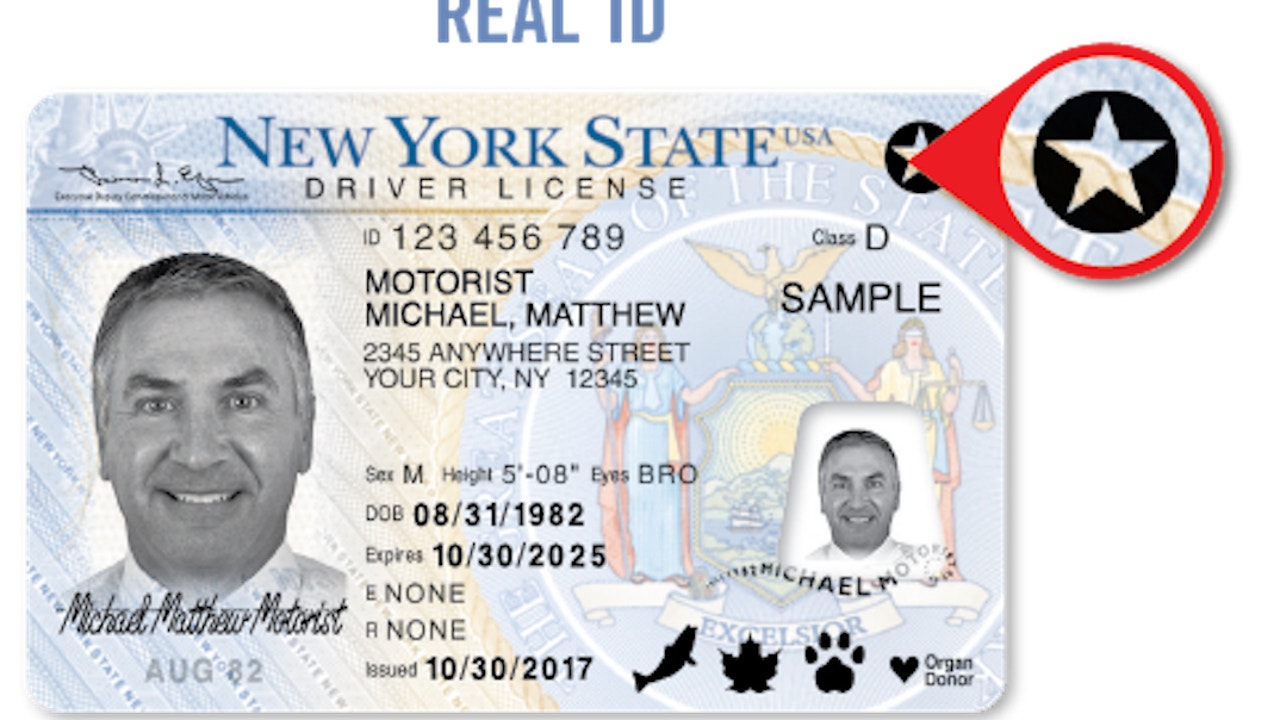

In it, the Id is completely under the surface of the water (the unconscious), the Ego is mostly above the surface of the water (the conscious and the preconscious), and the Superego is mostly below the surface but also reaches above it (the unconscious, preconscious, and conscious). The easiest way to envision the structures is to use the iceberg metaphor. While these are conceptualized as three distinct structures, they are constantly interacting with each other. The tug-of-war between pleasure and fear of penalty is also at the heart of Freud’s personality theory.Īccording to Freud, the human personality consists of three components: Id, Ego, and Superego. Consequently, pleasure can instead be expressed in the unconscious (e.g., through dreams). For instance, our most sordid and hedonistic desires often go unfulfilled out of fear of punishment or social isolation. Yet, the reality of the social world ensures that this cannot always be the case. It states that human beings are motivated to both seek out pleasure while simultaneously attempting to avoid pain. One of the key assumptions of psychology according to Freud is the Pleasure Principle. “Most people do not really want freedom, because freedom involves responsibility, and most people are frightened of responsibility.” ―Sigmund Freud Thus, it is an aspect of us that can limit us more than necessary.Episode #5 of the course The theories of Sigmund Freud by Psychology Insights Online It may tell us not to do certain things when there is objectively nothing wrong with doing them. But if they seem nice, which they usually make great efforts to, we are inclined not to assert ourselves, because our superego stops us from being rude. Sometimes we need to be assertive, like when sales people or telemarketers intrude on us and treat us manipulatively. Children are known to feel irrationally guilty for the death of relatives, or for parents divorcing.
#The superego how to#
We can feel stupid for not knowing how to do something, when we never actually had an opportunity to learn it. We may feel guilty for being lazy, when there really is no work to do. Sometimes we feel that we are guilty of something, when in truth there is nothing wrong with what we did. There is a need for it to be a guide through people's lives. Therefore, it is unavoidable and beneficial that children develop a superego. They need to be taught to take responsibility. Rules, or else they or others get hurt or worse, things get damaged, They need to be taught to abide by certain

The need for the superegoĬhildren aren't much capable of themselves to see theĬonsequences of their actions. The superego is kind of the sum of all people that have tried to make us behave according to certain rules in the past. And people still pressure us to when we are adults, when they act out their superegos on us, as we do on them. Adults in positions of authority, as well as other children. It's not only our parents, but, in fact, many other people too in our early environment that pressured us to abide by certain rules. Punishment, being shamed, or being degraded for doing something To get us to accept the rules, we wereįorced in various subtle and not so subtle ways, like by

Taught us what is right and wrong, what we should and shouldn't do, Most of the superego is formed during our upbringing. We just "know" we shouldn't do certain things, and we shy away from them, or we just know that we "must" do things. We usually hardly notice the superego controlling us. While the superego has our best interest in mind, it is not a friendly character. That is, if we do not suppress these painful feelings. Next to making us feel guilty and ashamed, it makes us feel stupid, idiotic, foolish, thick, dense, and a loser. It judges us for whether or not we conform to the rules.

It tells us not to be lazy, to be cooperative and that we should do like we're told. Our superego tells us things like that we shouldn't break things, not be rude to people, and say "please." It tells us which ways to sit, walk and talk are not appropriate. It is our "inner critic" or "inner judge." It is the part of us that makes us conform to particular rules, that makes us "behave." It judges us, criticizes us, and makes us feel bad when we do something "wrong." It is what makes us feel guilty and ashamed. The superego makes up a large part of our unconscious. The superego that, in irrational ways, makes us adhere to lots of rules.


 0 kommentar(er)
0 kommentar(er)
